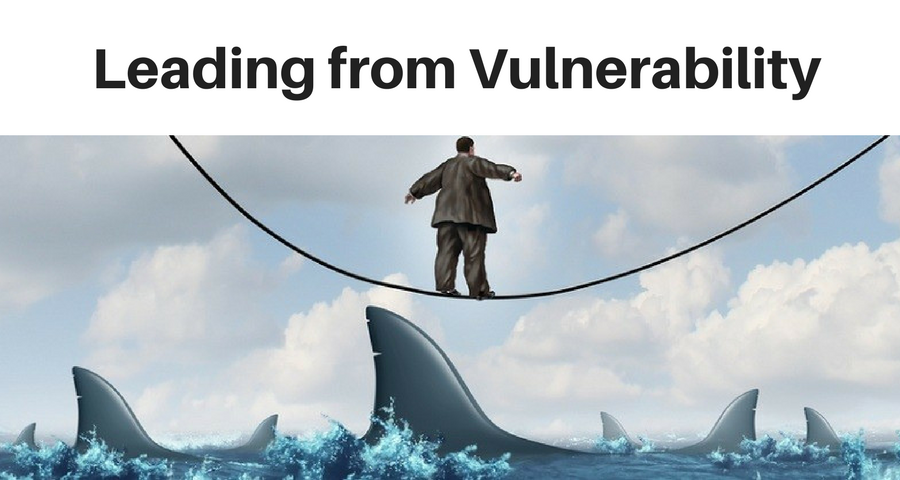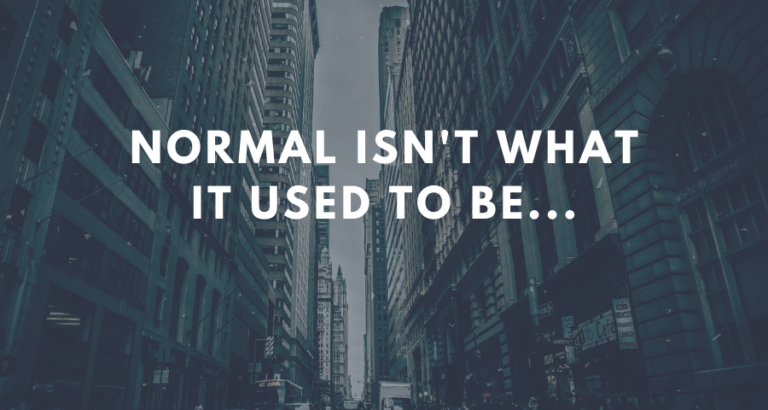Leading From Vulnerability
There was a something I was painfully unaware of when I transitioned into my first management role at Psion: good leadership skills were not just an automatic by-product of my persona and job title…
My natural instinct got me some of the way but I was quite far from ideal. I’m a natural nurturer, but I still think too much of my leadership style was about me, not about them. I wanted to be their ‘heroic’ leader and friend, a sort of rescuer. It was what I needed – not them. Later on in my career this became apparent. As did the fact that great leadership is a learned set of skills that requires constant honing – and a commitment to personal development – to remain effective.
My first leadership promotion required me to cease what I was highly effective at, starting again using a different part of my brain. But, I didn’t know that then and I was surrounded by people that didn’t know it either. And if they did, were unable or unwilling to communicate it.
Much later, when I had an exceptional manager who was highly focused on the development of his teams, I started to comprehend my own gaps. Looking back, I realise he made it possible for me to do something important: be the vulnerable leader, not the heroic one.
The more responsibility I had, the more my self-esteem was tied up in not failing. Failure would be potentially devastating as it was all linked to my self-esteem. I became terrified of getting it wrong as the stakes increased. But, he made it safe for me to fail. I watched him do it with others and eventually overcame some of my anxiety to learn and do something about it. I’ve learned to get better as I’ve developed, but I can see now what worked with me and some of the others on his team.
He stayed an adult; not parental, but equal. He didn’t try to have power over me. If I tried to give my power to him by going into a childlike state, he’d give it straight back. He was honest about his emotional response but owned it, without letting it seep into how he communicated with me. This, for me, avoided the deafness and anxiety that comes from feeling shame, making it easier to learn, rather than block the learning, through defensiveness.
He took this ethos into how he gave feedback, which he did in a way I could actually hear, remaining pragmatic. This thing has happened; we are here; what can we do that makes the most sense to get where we need to be?
We then reset expectations without drama. In deciding the next move he would give me the required reflective space to arrive at a solution myself. I would work my way out of the hole I’d dug myself.
He then offered the support to get on with it. By this stage, because of the process we’d been through, I actually didn’t need much, if any.
Most important of all – he walked his own talk, which I really respected him for. And, it allowed me to do the same. He was honest about his own vulnerability. When he didn’t know something or was anxious about his role or how he felt generally, when he needed help or had made a mistake, he owned it all. Instead of judging him as a failure, the opposite happened. And I thrived.
I learned. I remained confident, productive, pragmatic and able to work to my strengths. We work really hard to maintain this in our culture at CBP, and it should be obvious in our client work. Monkey see, monkey do. It doesn’t matter what you tell people, it’s what you do that sets the standard for those around you.


